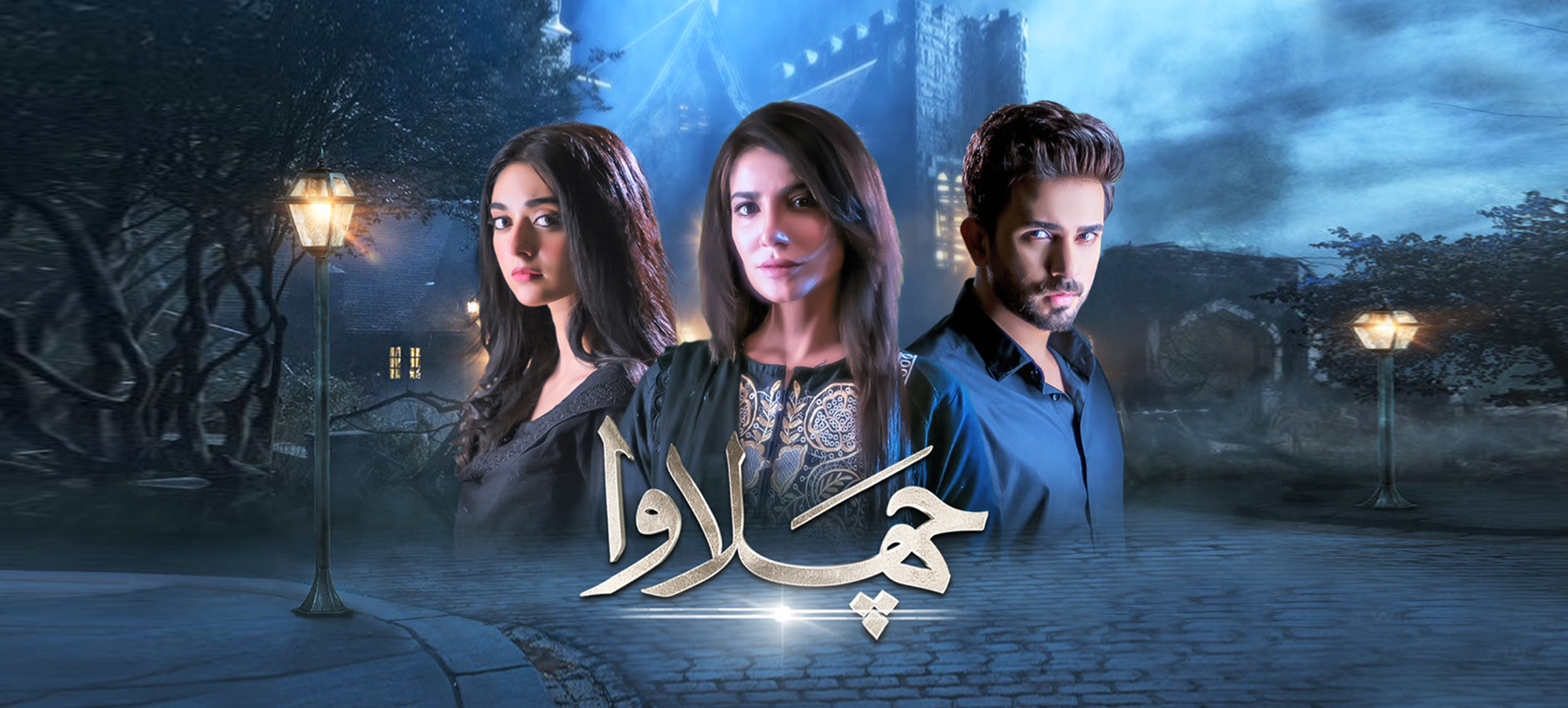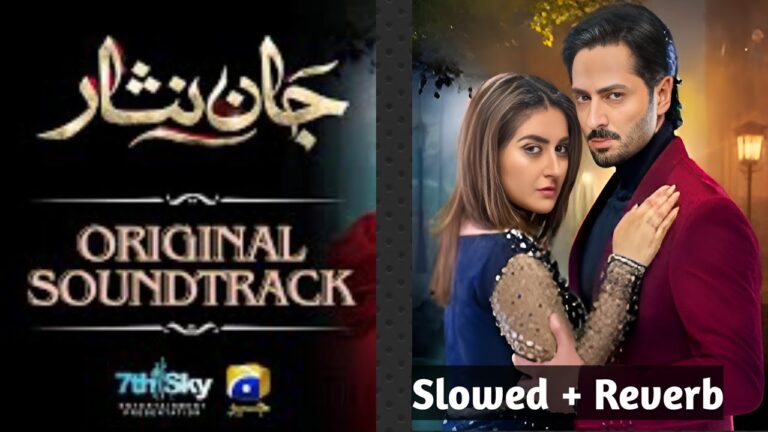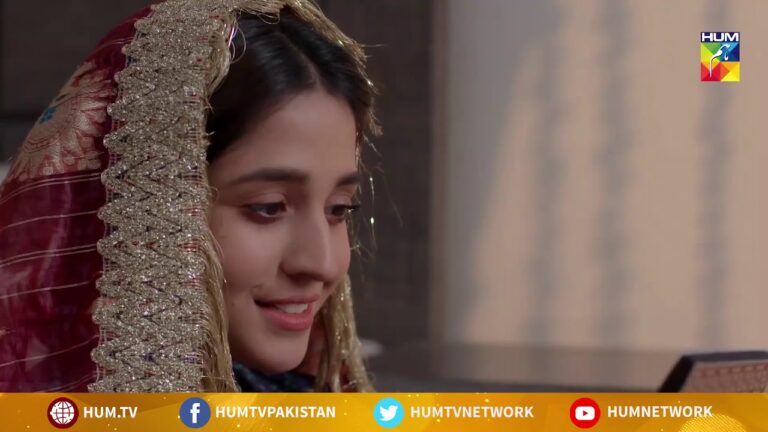Chalawa Drama Review: Chalawa (translates to “Deception”) is a 2016 Pakistani drama that garnered acclaim for its nuanced portrayal of love, family dynamics, and the consequences of past choices. Written by the prolific Misbah Nosheen and directed by the meticulous Waseem Abbas, the drama unfolds a captivating narrative centered around Ayesha (Mahira Khan), a headstrong architect, and समीر (Sameer) Zaroon (Emmad Irfani), a charming businessman with a hidden past. This review delves into the strengths and weaknesses of Chalawa, offering a balanced perspective for potential viewers.
A Story of Forbidden Love and Family Loyalty
Chalawa centers around Ayesha and Zaroon, two individuals drawn together despite their contrasting backgrounds. Ayesha, raised in a loving and supportive family, harbors a secret about her past that continues to haunt her. Zaroon, burdened by a past mistake, lives a double life, concealing his true identity. As their paths converge, a deep connection blossoms between them, but their budding love story faces challenges. Ayesha’s family disapproves of Zaroon due to his seemingly ordinary background, unaware of his hidden past. Additionally, Zaroon’s past threatens to resurface, jeopardizing his newfound happiness with Ayesha.
The narrative follows the emotional turmoil faced by Ayesha and Zaroon as they navigate societal pressures, family expectations, and the burden of their past. The drama also explores the dynamics between Ayesha and her overbearing brother, who fiercely protects her but hinders her ability to make her own choices.
Compelling Performances Drive the Emotional Journey
The success of Chalawa hinges on the compelling performances delivered by its cast. Mahira Khan portrays Ayesha with a captivating blend of vulnerability and strength. She effectively captures the character’s internal struggle between love and loyalty. Emmad Irfani delivers a heartfelt performance as Zaroon, showcasing his unwavering love for Ayesha and his determination to overcome his past. The supporting cast, including Sami Khan, Asma Abbas, and Sohail Anwer, delivers impactful performances that enrich the narrative tapestry.
Visually Appealing with a Stirring Score
Waseem Abbas’s direction lends a visually appealing quality to Chalawa. The use of color palettes and lighting effectively sets the mood, reflecting the emotional complexities of the characters. Warmer tones dominate scenes depicting Ayesha and Zaroon’s shared moments, symbolizing the warmth of their love. In contrast, scenes involving Ayesha’s family or Zaroon’s past use cooler tones, highlighting the challenges and secrecy surrounding their relationship. The background score by Sahir Ali Bagga complements the narrative perfectly, adding emotional depth and resonance to each scene.
Exploring Societal Pressures and Forbidden Love
Chalawa delves into the complexities of societal pressures prevalent in Pakistani society, particularly regarding family approval and social status. Ayesha’s family’s disapproval of Zaroon solely based on his perceived background reflects the emphasis placed on social standing. The narrative highlights the challenges faced by individuals who defy societal expectations by pursuing love outside their social circles. The element of forbidden love adds a layer of dramatic tension and compels viewers to consider the weight of tradition versus individual happiness.
A Look at the Burden of the Past and Forgiveness
The drama sheds light on the burden of the past and the importance of forgiveness. Both Ayesha and Zaroon grapple with past mistakes that continue to impact their present. The narrative explores their journeys towards self-acceptance and the challenges of seeking forgiveness from loved ones. Chalawa emphasizes the importance of letting go of the past to embrace a brighter future, but it doesn’t offer a one-size-fits-all solution. Viewers are left to ponder the complexities of forgiveness and its role in moving forward.
A Flaw in the Narrative: The Melodramatic Turns
While Chalawa boasts a compelling story and exceptional performances, the narrative can veer into melodrama at times. Certain plot developments, particularly those involving family confrontations and emotional outbursts, can feel exaggerated. While these elements add to the emotional intensity, they may feel excessive for some viewers. Additionally, the reveal of Zaroon’s past can feel predictable for viewers accustomed to such plot twists in Pakistani dramas.
A Show Worth Watching for its Performances and Emotional Depth
Despite the occasional melodramatic moments and predictable plot reveals, Chalawa remains a compelling drama. The exceptional performances, the exploration of forbidden love and societal pressures, and the nuanced portrayal of the characters’ grapple with the past make it a worthwhile watch. The drama’s lasting impact lies in its ability to spark conversations about defying societal norms, the importance of forgiveness, and the enduring power of love.
Character Complexity: Beyond the Love Triangle
- Ayesha’s Internal Conflict: Ayesha isn’t just a damsel in distress caught between love and family disapproval. She is a strong and independent woman who grapples with the emotional baggage of her past. The drama explores her journey of self-discovery as she confronts her past mistakes, learns to assert her independence within her family dynamic, and fights for her right to choose her own happiness.
- Zaroon’s Moral Dilemma: Zaroon isn’t just a brooding love interest with a hidden past. He wrestles with guilt and the consequences of his past actions. The narrative explores his moral dilemma as he strives to be a better man for Ayesha while facing the repercussions of his choices.
- Ahad’s Supportive Presence: Ahad, Ayesha’s brother, while initially portrayed as overprotective, isn’t a one-dimensional antagonist. His protectiveness stems from a place of love and concern for his sister. As the narrative progresses, he demonstrates his ability to grow and eventually becomes a supportive figure in Ayesha’s life.
- Mehreen’s Hidden Depths: Mehreen, Ayesha’s friend, isn’t just a confidante. The drama explores her own struggles with societal expectations and her desire for love and acceptance. This complexity adds another layer to the narrative and showcases the importance of female friendships.
Symbolism and Narrative Depth
Chalawa employs subtle symbolism to enhance its storytelling. Mirrors are frequently used, reflecting the characters’ internal struggles and the need for self-reflection. A recurring motif of shattered glass represents the broken trust and fractured relationships caused by past mistakes. As Ayesha and Zaroon work towards a future together, the use of mirrors diminishes, signifying a potential for healing and rebuilding trust.
Love and Redemption: A Second Chance at Happiness
The drama explores the concept of love as a force for redemption. Ayesha’s love inspires Zaroon to confront his past and seek forgiveness. Similarly, Zaroon’s love provides Ayesha with the strength to overcome her insecurities and embrace a future together. The narrative emphasizes the transformative power of love and the possibility of redemption through self-acceptance and forgiveness.
Beyond Romance: A Celebration of Female Strength
While the central narrative revolves around a love story, Chalawa also celebrates female strength. Ayesha’s journey of self-discovery and her defiance of societal expectations in pursuit of love are empowering. Additionally, the narrative explores the supportive bond between Ayesha and Mehreen. They uplift and encourage each other, showcasing the importance of female friendships.
A Show Worth Watching for its Social Commentary and Emotional Resonance
Despite the occasional melodramatic moments and predictable plot reveals, Chalawa remains a compelling drama. The exceptional performances, the exploration of complex themes, and the symbolic elements encourage viewers to engage with the narrative on a deeper level. Chalawa’s lasting impact lies in its ability to challenge societal norms, explore the complexities of love and forgiveness, and celebrate the enduring strength of the human spirit.
In Closing: A Multilayered Drama with Enduring Appeal
Chalawa is more than just a predictable love story; it’s a multilayered drama with enduring appeal. The exceptional performances, the exploration of complex themes, and the symbolic elements invite viewers to engage with the narrative on a deeper level. So, if you’re looking for a Pakistani drama that combines social commentary with emotional resonance, explores the transformative power of love, and celebrates female strength, then Chalawa is a must-watch.










+ There are no comments
Add yours